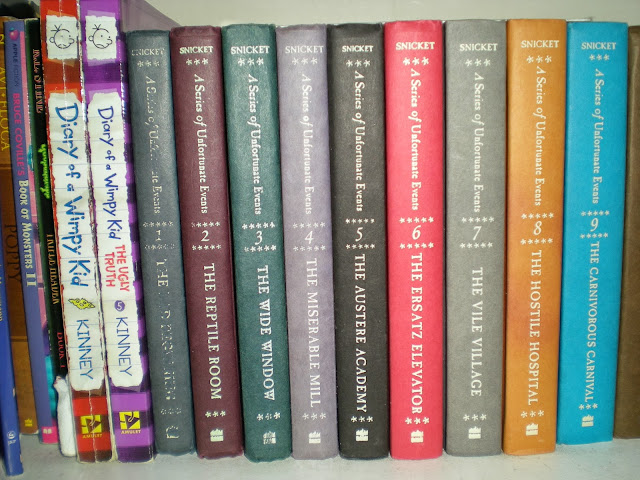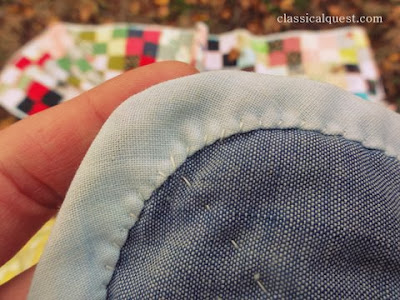Why is everyone hungry for more?
“More, more,” they say.
“More, more.”
I have God’s more-than-enough,
More joy in one ordinary day
“More, more.”
I have God’s more-than-enough,
More joy in one ordinary day
Than they get in all their shopping sprees.
At day’s end I’m ready for sound sleep,
For you, God, have put my life back together.
At day’s end I’m ready for sound sleep,
For you, God, have put my life back together.
Psalm 4:6-7 (The Message)
(Jonathan waits for the garbage truck - photo Jeannie Prinsen Nov. 2013)
As I looked at the photo of a captured instant in time -- Jonathan's face illuminated by the morning sun and reflected in the window pane -- it struck me that life is really not all that complicated. It is made up of a whole series of moments where we can choose either to accept the joy of "more-than-enough" or to grasp for more stuff, more pleasure, more achievement. And the ability to go to sleep with a sense of contentment is something that can't be bought with money or willed into existence; it comes from knowing we're safe in God's hands no matter what today or tomorrow may bring. As a boy who still, at age eleven, goes promptly and eagerly to bed at 7 p.m., Jonathan seems to have discovered that secret. So when garbage day rolls around -- kind of like Christmas morning except it happens 52 times a year -- that same joy in the "ordinary day" will be his to experience all over again.
And I'll try to take a moment to recognize and experience my own joy, in whatever form it may take today.






















